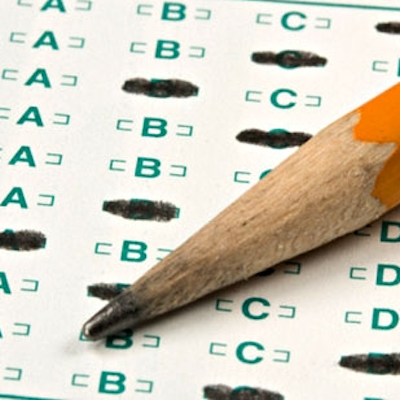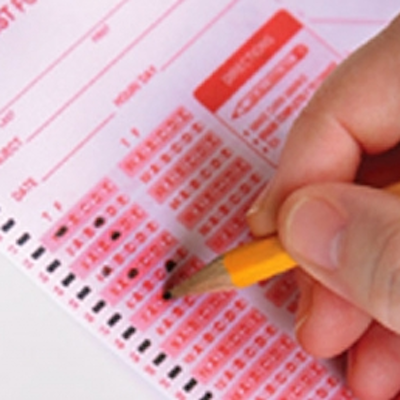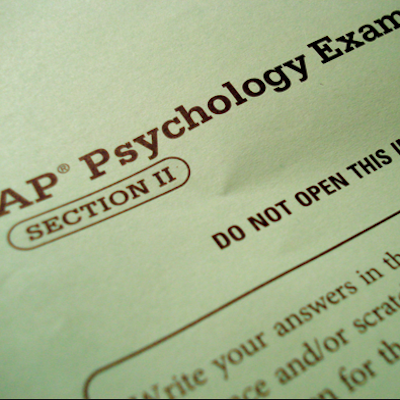It’s All About Education: Will Charter Schools Fix Our Public School System?
Wednesday, November 12, 2014
Many people argue that charter schools are the answer to our underperforming public schools. In fact, most charter schools are public – they receive state and federal funding, and students do not pay to attend. However, although most charter schools are authorized by the state, most are privately run and are exempt from many state and local regulations. At the start of the 2012-2013 school year, there were more than 6000 charter schools in the United States, up 7% from the previous year and a 47% increase over the past seven years. Forty-two states and DC all allow charter schools. Still, charters make up only 6% of all elementary and secondary schools in our nation. And maybe that’s a good thing; after all do we really want charter schools to be the solution for all students who attend public school?
Charter schools tend to have a higher percentage of students in poverty than other public schools; conversely, they tend to have a lower percentage of students qualifying for special education services. According to a study released by Stanford University last year, about one-fourth of all charter schools nationwide are outperforming traditional public schools in both reading and math achievement. The main reason for this growth seems to be more time for learning; charter school scheduling and flexibility permits students to gain additional time in the classroom. However, even with these improvements, the authors of the study pointed out that, “it should be noted that while these gains are beneficial for charter students… these gains are not large enough to offset the differences between students in poverty and students who are not in poverty.“ In other words, while charter schools do increase the level of achievement for students living in poverty, they do not help to close the achievement gap between them and their wealthier peers.
This research is supported by data in specific cities: in 2013, urban charter schools in Massachusetts outperformed urban public schools. However, in that same state, non-urban charter schools did not help students to achieve as much as their counterparts in non-urban public schools. The researchers believe that this is due to the fact that charter schools are most effective for those students who are typically underperforming. When the baseline is low to begin with, it’s easier to show more progress. (And, as I’ve noted before, the measure for achievement is often standardized test scores, which is a problem in and of itself.) In Rhode Island, there are 25 charter schools (with 6 more under review), and the majority of them are located in urban areas.
GET THE LATEST BREAKING NEWS HERE -- SIGN UP FOR GOLOCAL FREE DAILY EBLASTThe Civil Rights Project published a report in 2010 asserting that charter schools are, in fact, much more segregated than traditional public schools. Because charter schools tend to be concentrated in urban areas, where, as noted above, they are most effective, they often have a significantly higher percentage of black and/or Latino students. This trend towards segregation has continued; this past March, George Washington University’s Iris Rotberg published a research review showing that charter schools lead to increased segregation based on race, ethnicity, and income (although, in cases of charter schools specifically designed to positively affect integration, this is not the case). This may be because many charter schools actually target certain racial or ethnic populations, or it may be due to the fact that many families choose schools where they see families similar to their own.
School choice is a tricky issue, though; many families, particularly low-income families, don’t actually have a choice, even when they have the option of attending a charter school. Transportation and childcare can become big hurdles if you don’t have a car and the school is not within walking distance of your home. Many charter schools have parental involvement requirements; if a parent cannot meet those obligations (as a single parent working two jobs might not be able to do), that child may not attend the school. As mentioned earlier, charter schools tend to have a lower percentage of students who qualify for special education services; if your child has significant learning needs, a charter school may not offer the same adaptations that a public school is required to offer.
Charter schools arose as a reaction to our failing public schools. Wouldn’t it be more helpful to take the lessons learned from high performing charter schools (and high performing schools in general) and apply them to all public schools? Why not increase quality instructional time for all students, regardless of income? Why not provide scheduling flexibility to all schools, so that more time can be spent on recess and the arts, both proven to have a positive effect on learning, without cutting into academic subjects? Why not make EVERY public school the best it can be, so that we don’t shortchange any of America’s students?
Lauri Lee is an independent consultant with over twenty years of experience in both public and private education, with learners from infants through adults. With experience in marketing, communications, social media, development, admissions, and technology, she is able to synthesize many of the issues facing our educational system today. She lives in Providence with her family, a big dog, and a small cat. She encourages you to connect with her on Twitter @fridovichlee or to contact her directly at [email protected].
Related Slideshow: 10 RI State Education Rankings
Related Articles
- It’s All About Education: Do You Trust Your Child’s Teacher?
- It’s All About Education: It’s About Time
- It’s All About Education: Can Recess Help Children Be More Successful?
- It’s All About Education: Could Text Messaging Make Us Better Parents?
- It’s All About Education: Pediatricians’ Group Finally Jumps on Early Literacy Bandwagon
- It’s All About Education: The Connection Between Housing and Achievement
- It’s All About Education: Is it Time for a Slow Education Movement?
- It’s All About Education: Playing in the Woods Can Help Kids Reach Their Full Potential
- It’s All About Education: What if College Isn’t Necessary
- It’s All About Education: Making the Dream a Reality
- It’s All About Education: Student Engagement Leads to Success
- It’s All About Education: Chronic Absenteeism’s Effect on Learning
- It’s All About Education: Why Common Core Won’t Help Our Children
- It’s All About Education: High Stakes Testing & Common Core Debate
- It’s All About Education: How Important Are School Lunches?
- It’s All About Education: Social Promotion and Student Success-What We Know
- It’s All About Education: Should Schools Ban Homework?
- It’s All About Education: Why the Unschooling Movement is Growing























